Eyes are not just the window to the world, but also to our health and body. So, it is essential that we take care of this sense organ to perform our daily tasks in a hassle-free way. Any impairment in vision significantly reduces the quality of life. It results in dependency on others and has repercussions on the family, along with the individual suffering vision loss/impairment.
We shouldn’t be prioritising eyecare only when it hampers our daily tasks; rather, go for regular eye checkups. Unfortunately, many people overlook scheduling comprehensive eye examinations, assuming that a basic visual screening (figuring out the power needed for one’s glasses) is all they need. However, there is much more to an eye examination than just checking your eyesight.
Dr Archana Iyer, Opthalmologist, DNB, FLVPEI (glaucoma) shares some of the basic reasons why prioritising eyecare should be an integral part of healthcare -
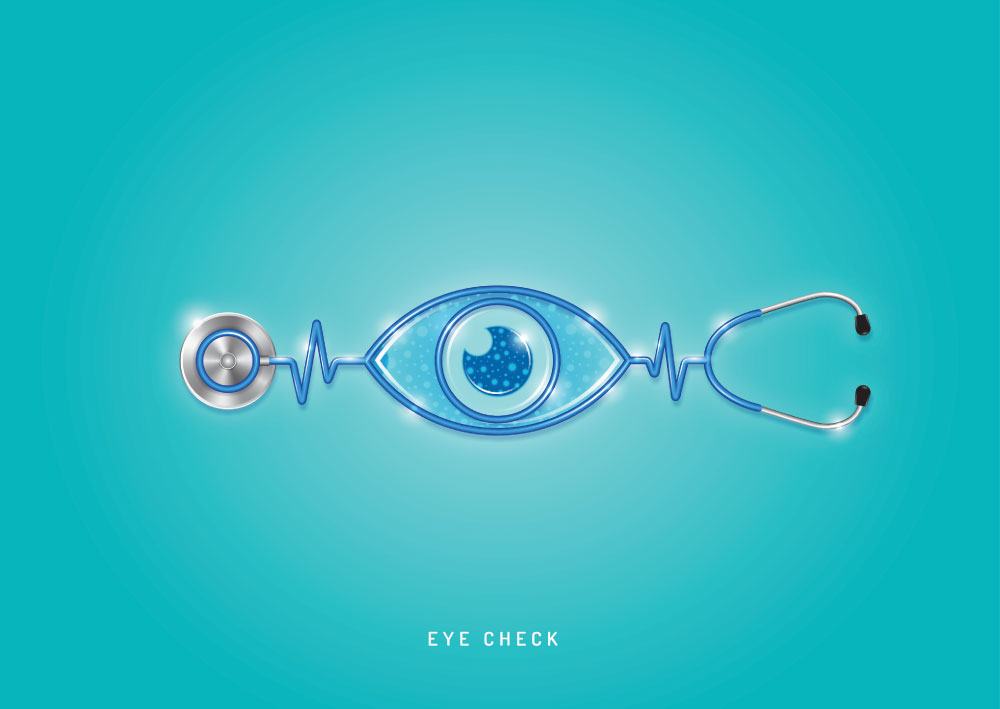
Better visual functioning: Assessing vision and prescribing for appropriate refractive power to the patient, in case a decline in visual acuity is noted. The quality of life is better when the eyesight is restored.
Early detection of diseases: Many eye problems do not present themselves with clear symptoms. Regular eye checkups help in the detection of disorders such as cataract, retinal detachment, glaucoma and also underlying health conditions in the cases of diabetic and hypertensive retinopathies. When detected early, appropriate treatment can be initiated to prevent vision loss or deterioration of eyesight.
Prevention of permanent blindness: Diseases like cataract, glaucoma and diabetic retinopathy progress silently and may cause irreversible damage before symptoms appear. Hence, periodic eye checkups enable their detection and management early.
Prevention of life-threatening diseases: Many systemic diseases like diabetes, hypertension and malignancies like leukemia can be diagnosed early by evaluation of the blood vessels in the eye(retina). Thyroid disorder may also be diagnosed due to certain symptoms affecting the eye first in a patient.
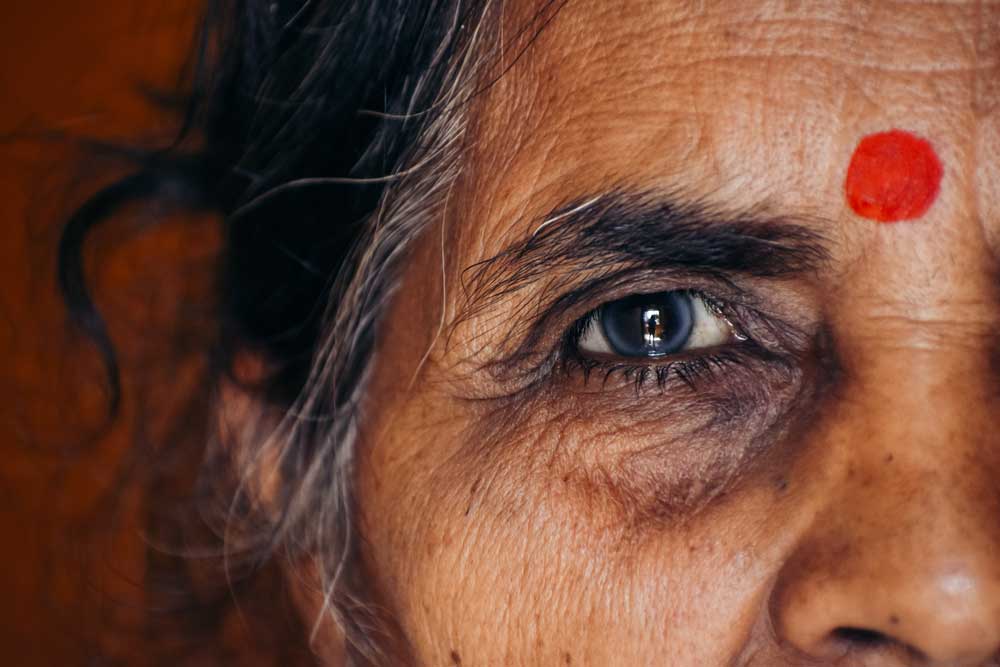
Diagnosis of age-related changes: As we grow older, our eyes also tend to show some changes. Some of these include cataract and age-related macular degeneration. With regular checkups, these changes can be monitored and efforts can be taken to maintain optimal vision and quality of life.

Reduced risk of eye injury: Wearing the right glasses (full frame with appropriate power) helps you see clearly and avoid any ocular or other bodily injuries. Children should wear sports goggles while indulging in athletic activities to protect their eyes from any injury.
Prevention of visual impairment in children: Appropriate therapy can be initiated in children having amblyopia (lazy eye) early. Issues like crossed eye (squint) and refractive errors can also be diagnosed and fixed.
We have all been to an eye clinic and are aware of the process. But Dr Iyer points out that there’s more to it than just reading out some random alphabets out loud. Let’s find out what actually happens during a comprehensive eye examination.
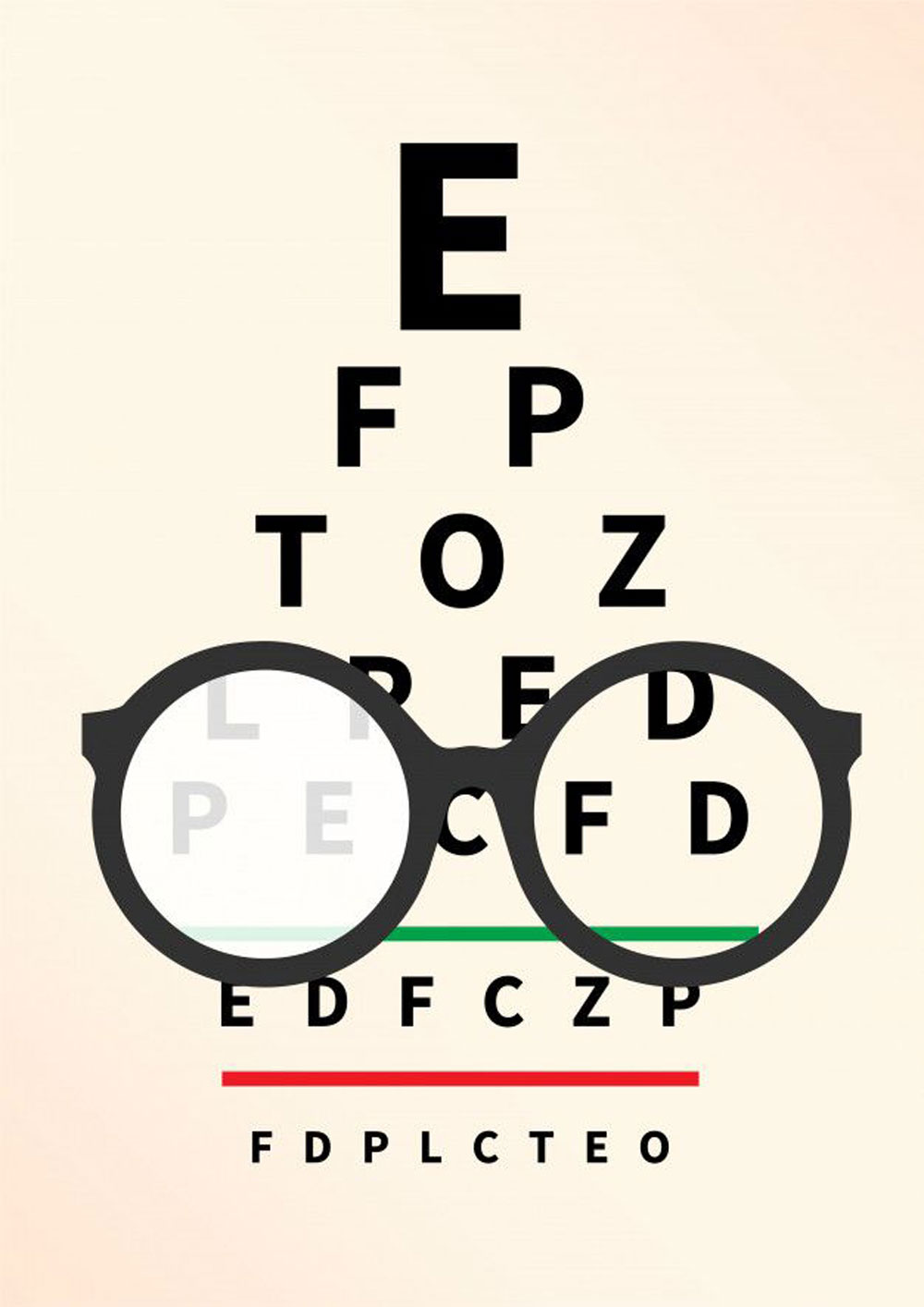
Visual Acuity: The doctor evaluates your vision for both near and far-sightedness. Prescription for glasses or contact lenses is provided if eyesight is not at par.
Eye Pressure: The doctor measures your eye pressure with a tonometer.
Slit Lamp Test: A microscope is used to examine your eyes. It allows the doctor to get a detailed picture of your eye at high magnification. An additional set of lens may be used to evaluate retina and optic nerve.
Dilated Test: In this procedure, the doctor uses eye drops to dilate the pupil for a better look at the retina and optic nerve. Vision post dilatation may be blurry for three to five hours, so one must refrain from driving then. A dilated eye exam is usually necessary for those who have diabetes, high refractive errors, age related macular degeneration or glaucoma
Other Special Tests: Sometimes, additional tests may be required if the doctor has a reason to suspect a condition to aid in diagnosis and management of the disease.
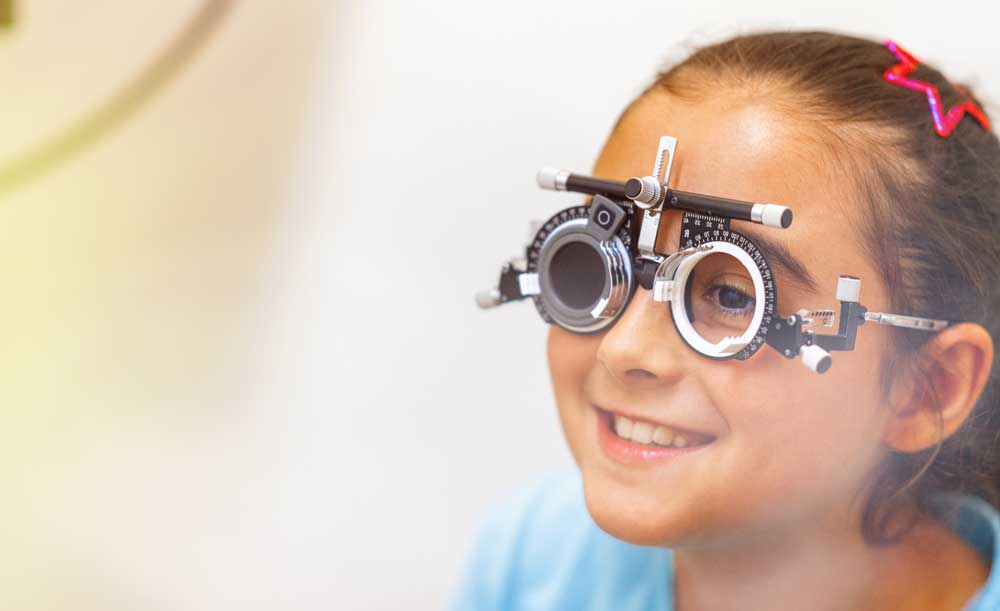
Frequency Of Eye Examination
• Children should have their first eye examination done by 6 months of age and then once every two years
• Adults (19-64 years) should have their eye checkups done once in a year based on their family history of diseases like glaucoma and risk factors like diabetes and hypertension.
• Seniors above the age of 65 years need to have their eye examination done once a year
Apart from regular eye check-ups, one must visit the doctor in case of the following symptoms –
• Persistent headache may be due to a change in refraction
• Due to raised eye pressure, one may experience headache, nausea and vomiting, cloudy vision, peripheral vision loss
• Central vision loss makes it difficult to see faces or fine details, and distorted vision may be associated with age related macular degeneration
• Floaters, blind spots, flashes of light, and curtain falling in front of the eye maybe seen in retinal detachment
Tips for Maintaining Eye Health
• Use goggles/sunglasses to protect your eyes from the detrimental effects of UV light.
• Quit smoking as it increases the risk of several eye diseases like age-related macular degeneration and cataract.
• Maintain a healthy diet that includes food rich in vitamin A (coloured fruits and vegetables like bell pepper, carrots, papaya), vitamin C (kiwi, citrus fruits like oranges and lemons, broccoli), omega 3 fatty acids (fish, flaxseed and walnuts), lutein, zinc zeaxanthin (leafy greens like kale, parsley and spinach).
• Give your eyes a break by following the 20-20-20 rule: every 20 minutes, look away for 20 seconds and focus on something 20 feet away. This helps to relax the eye muscles.
• Practice good hygiene and avoid touching your eyes with dirty hands.
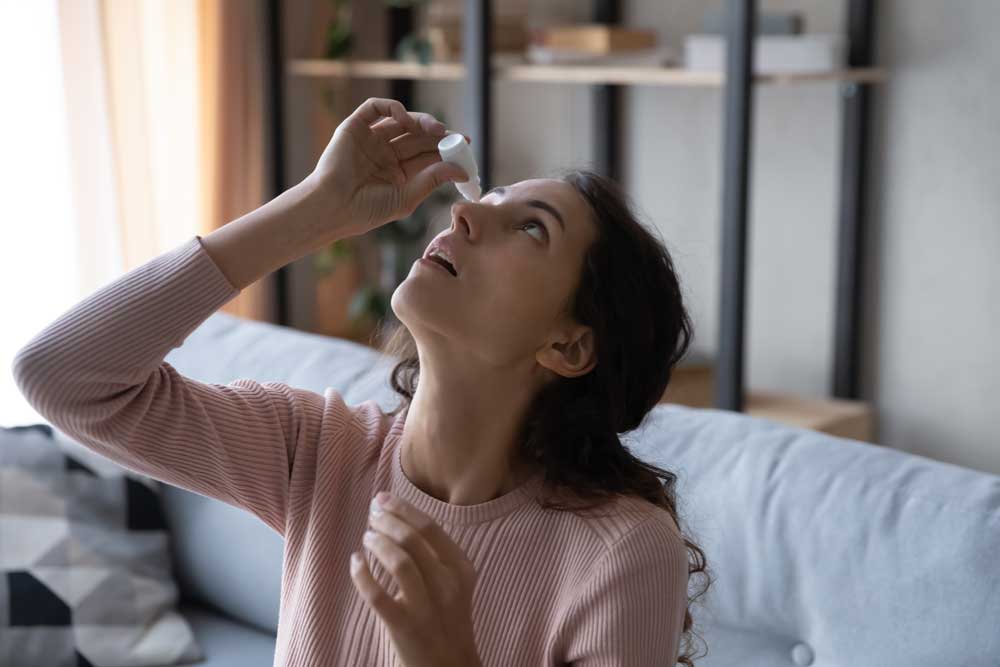
Eye Care Advice
• Use artificial tear drops to relieve dry eyes or eye strain.
• Avoid eye rubbing as it can lead to irritation and spreading of germs.
• Use an anti-glare screen or adjust the screen’s brightness and contrast to reduce eye strain while working on a computer.
• In case of family history of eye diseases, it is better to consult an eye specialist early and begin with regular screenings.
Most ocular diseases are treatable but complications occur due to ignorance. Hence regular eye checks are essential to diagnose these disorders enabling appropriate measures to prevent deterioration early.
Image source: Health talk, Cery well health, Pinimg